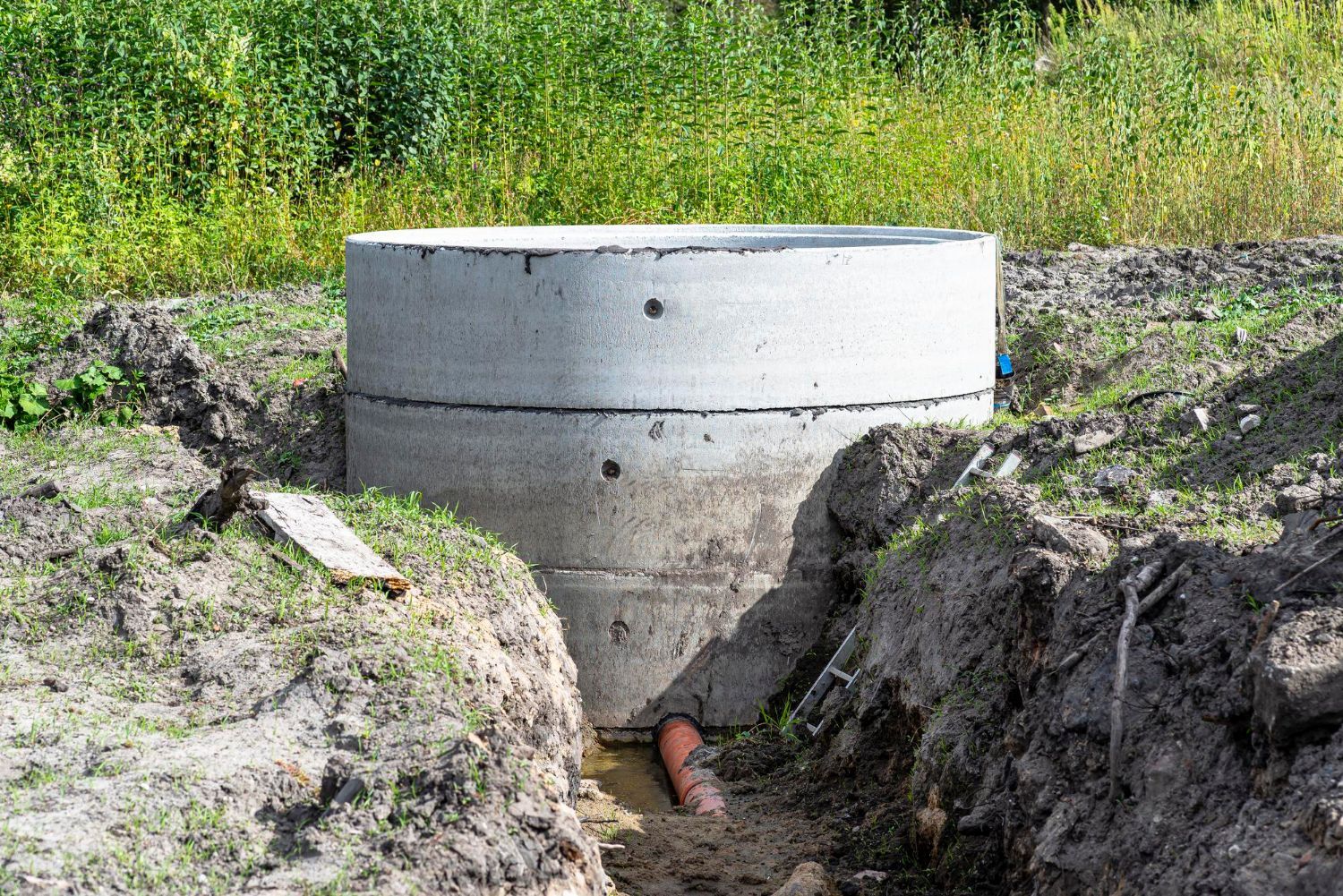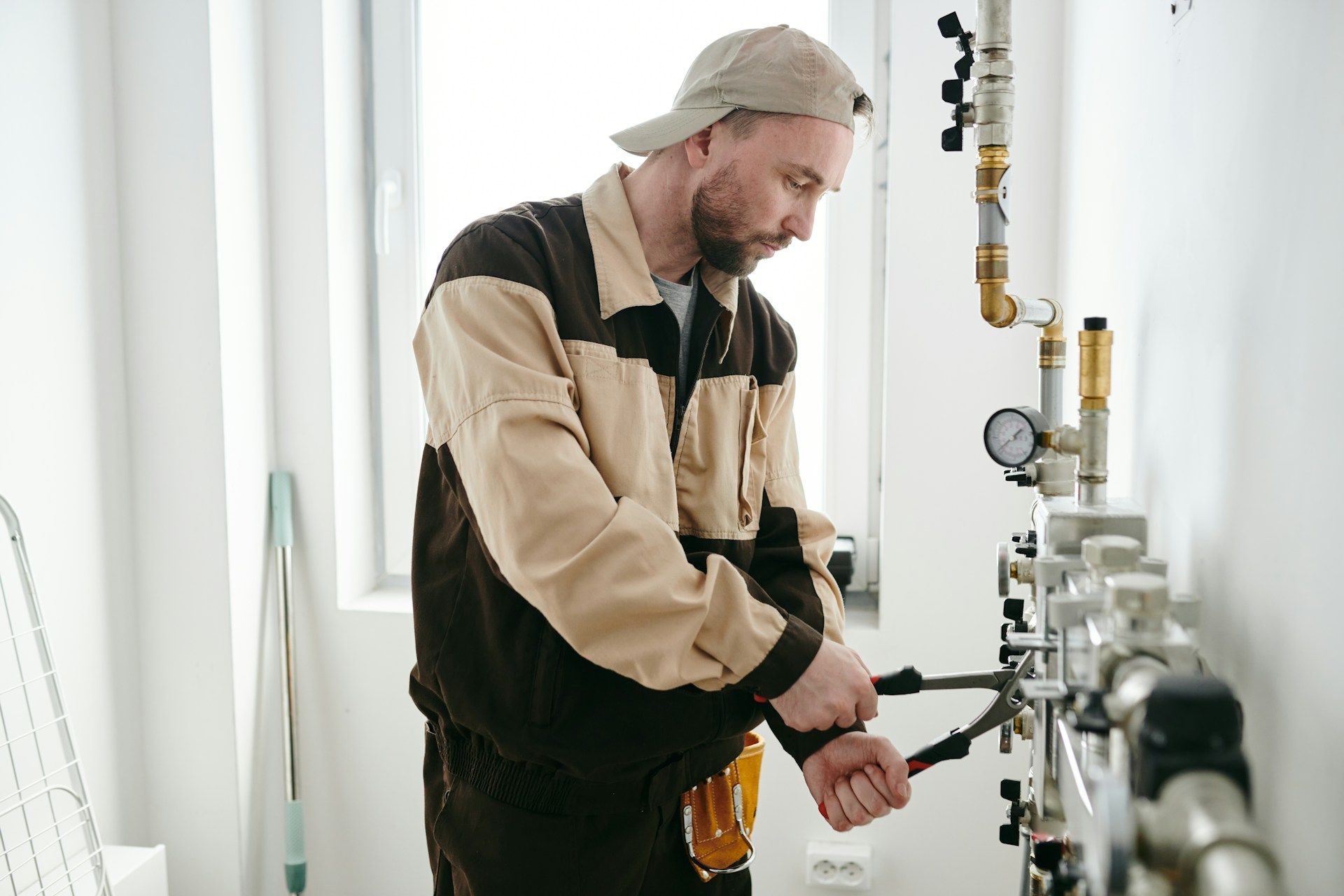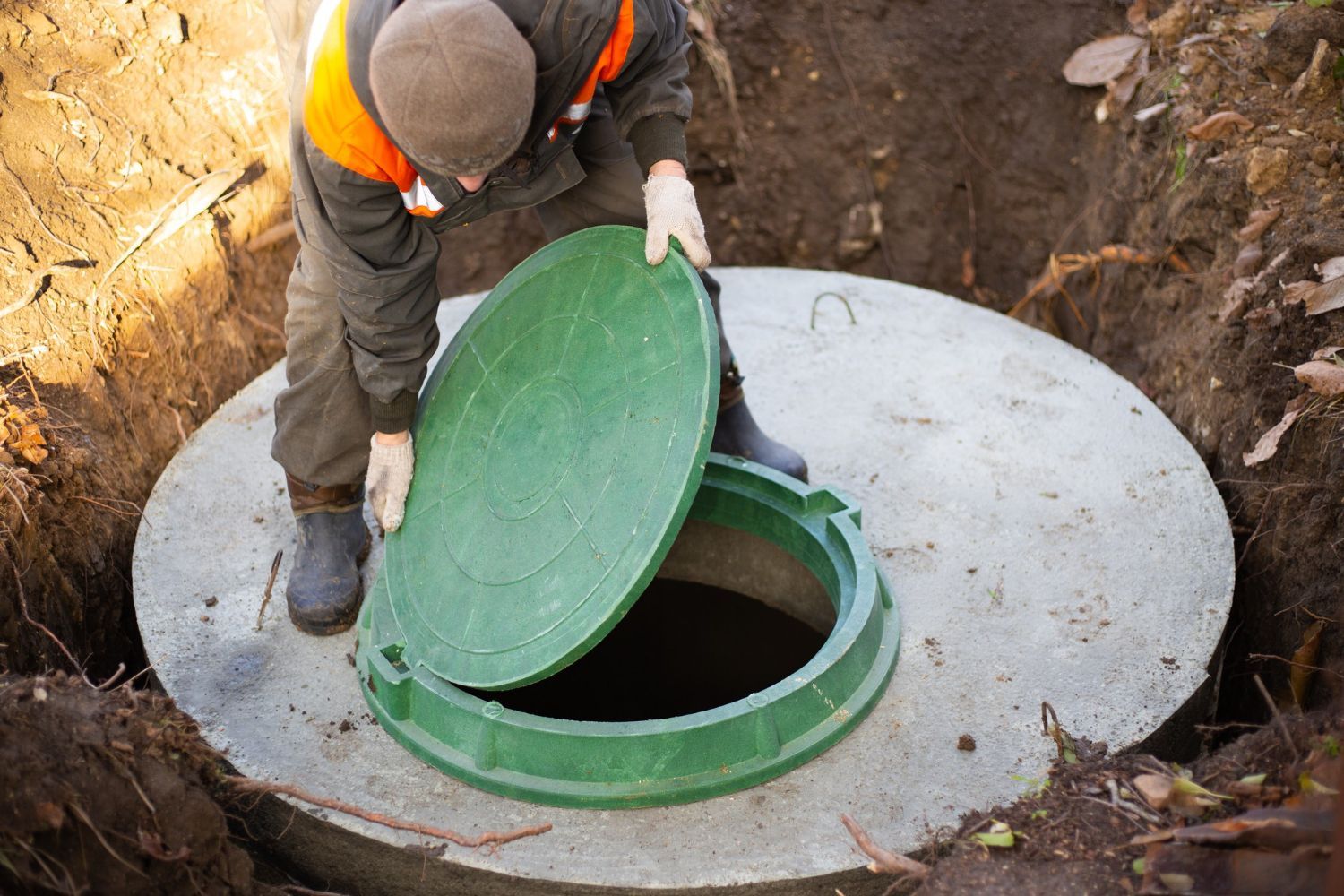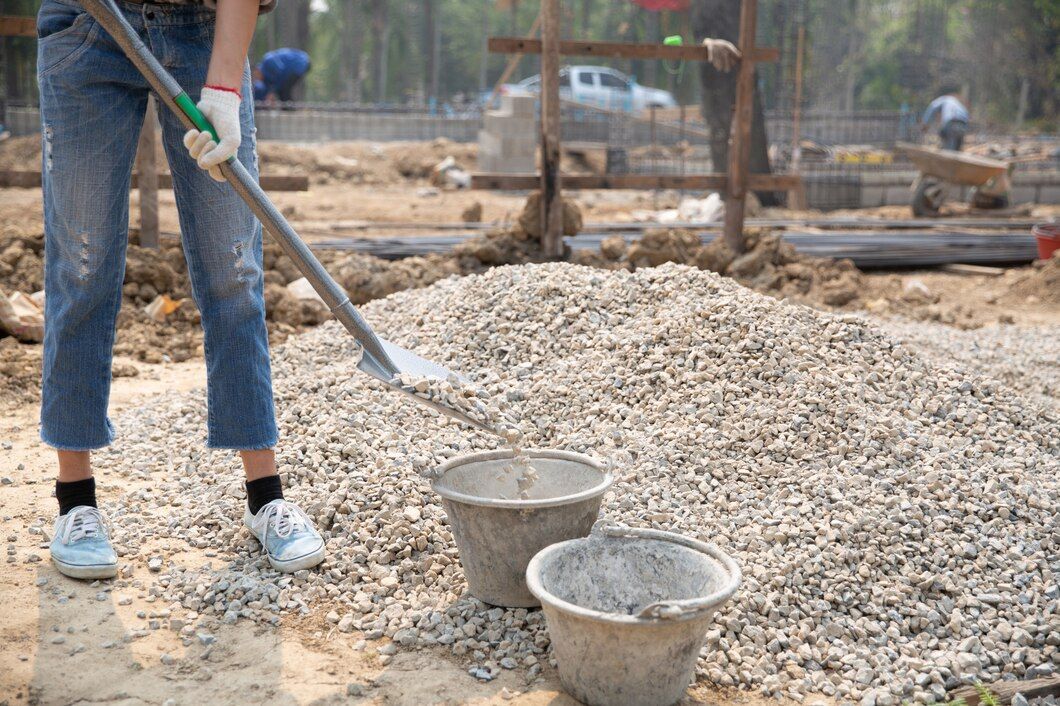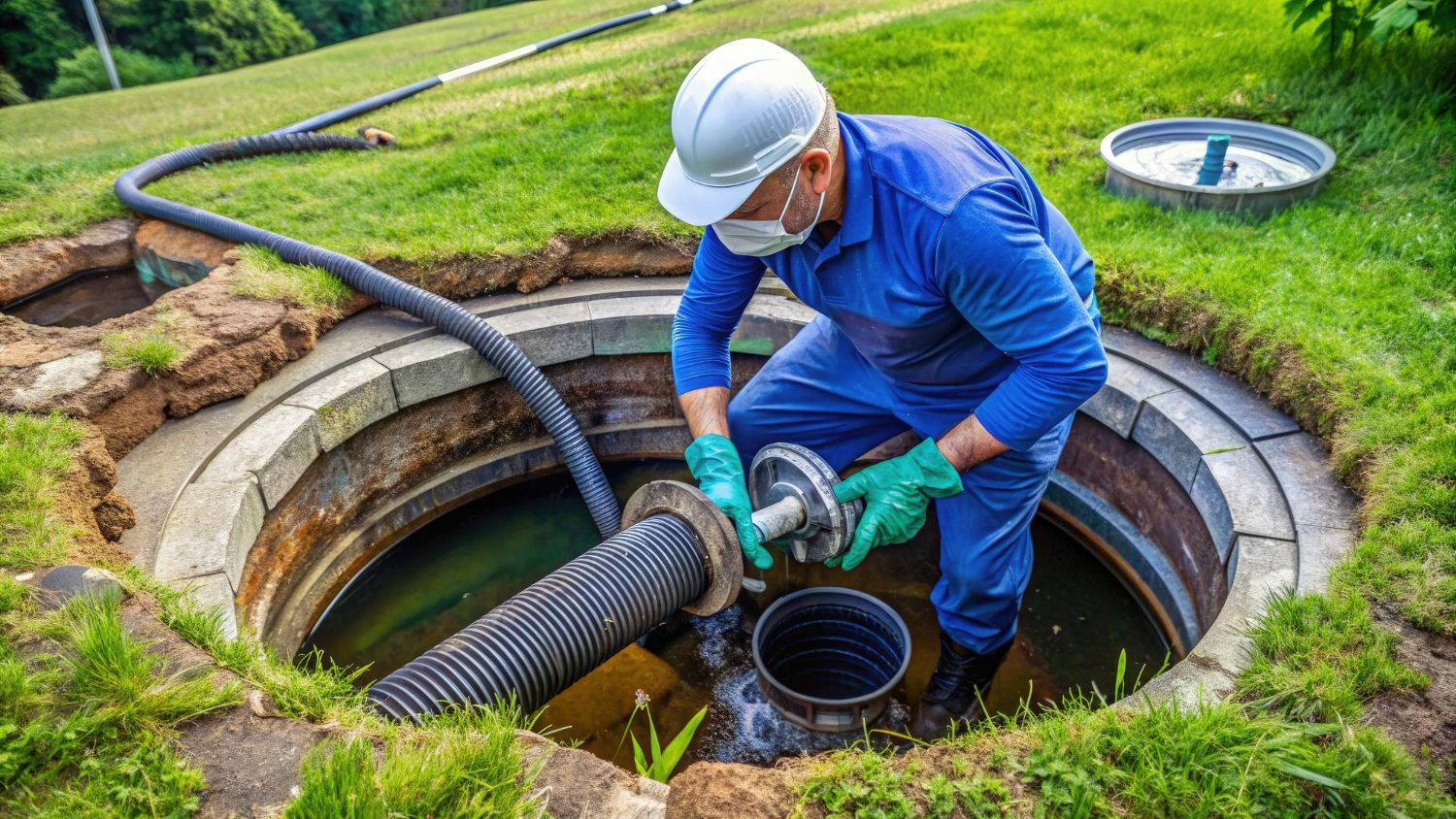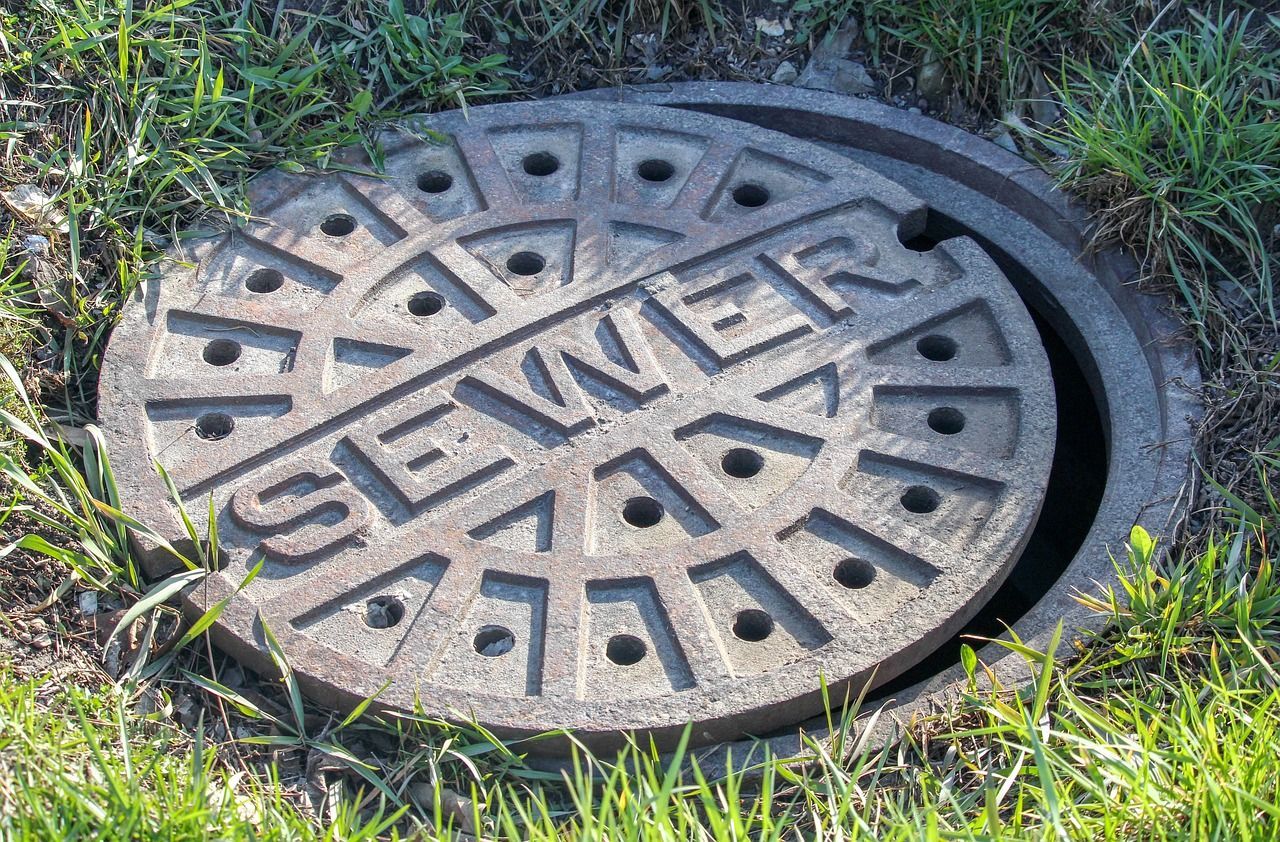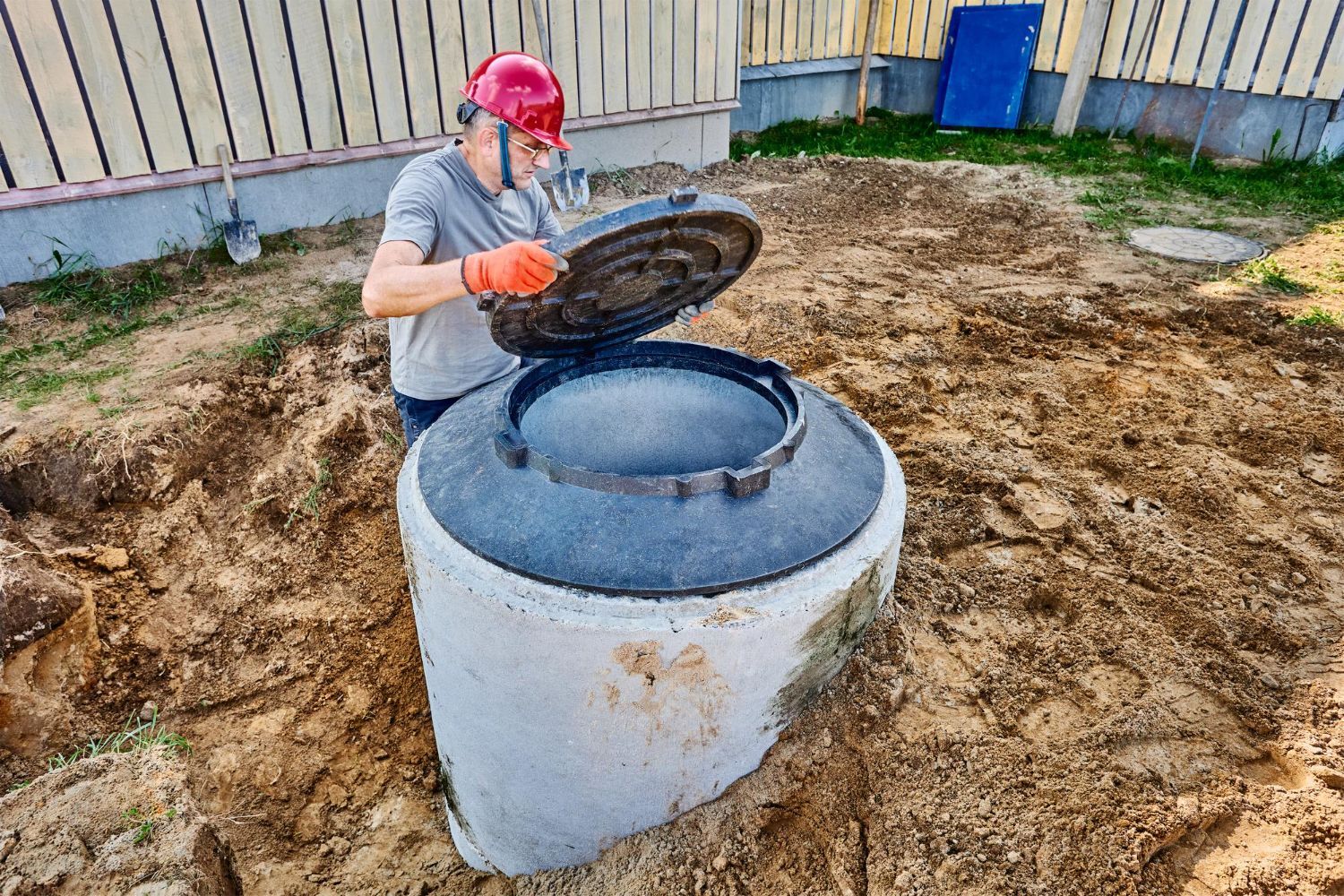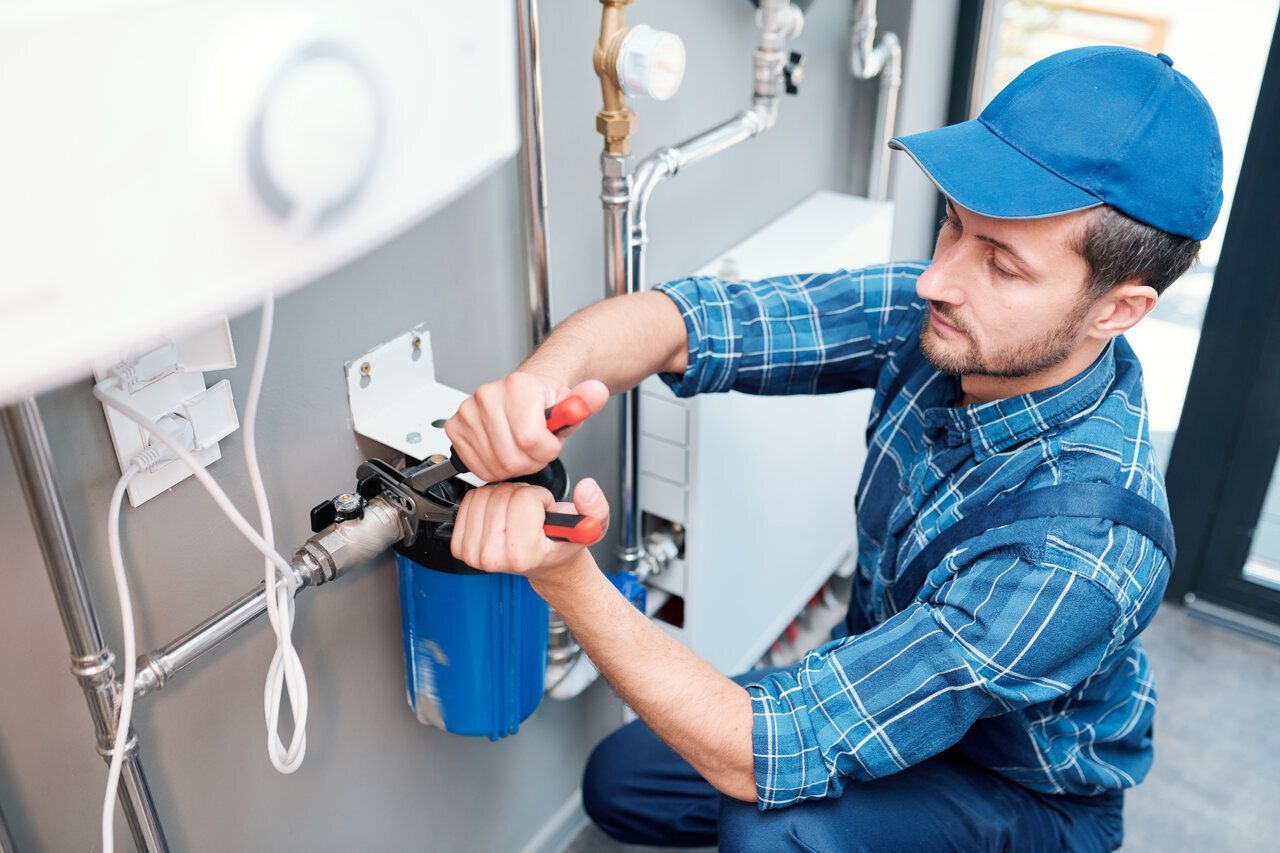Keeping Commercial Plumbing in Good Condition
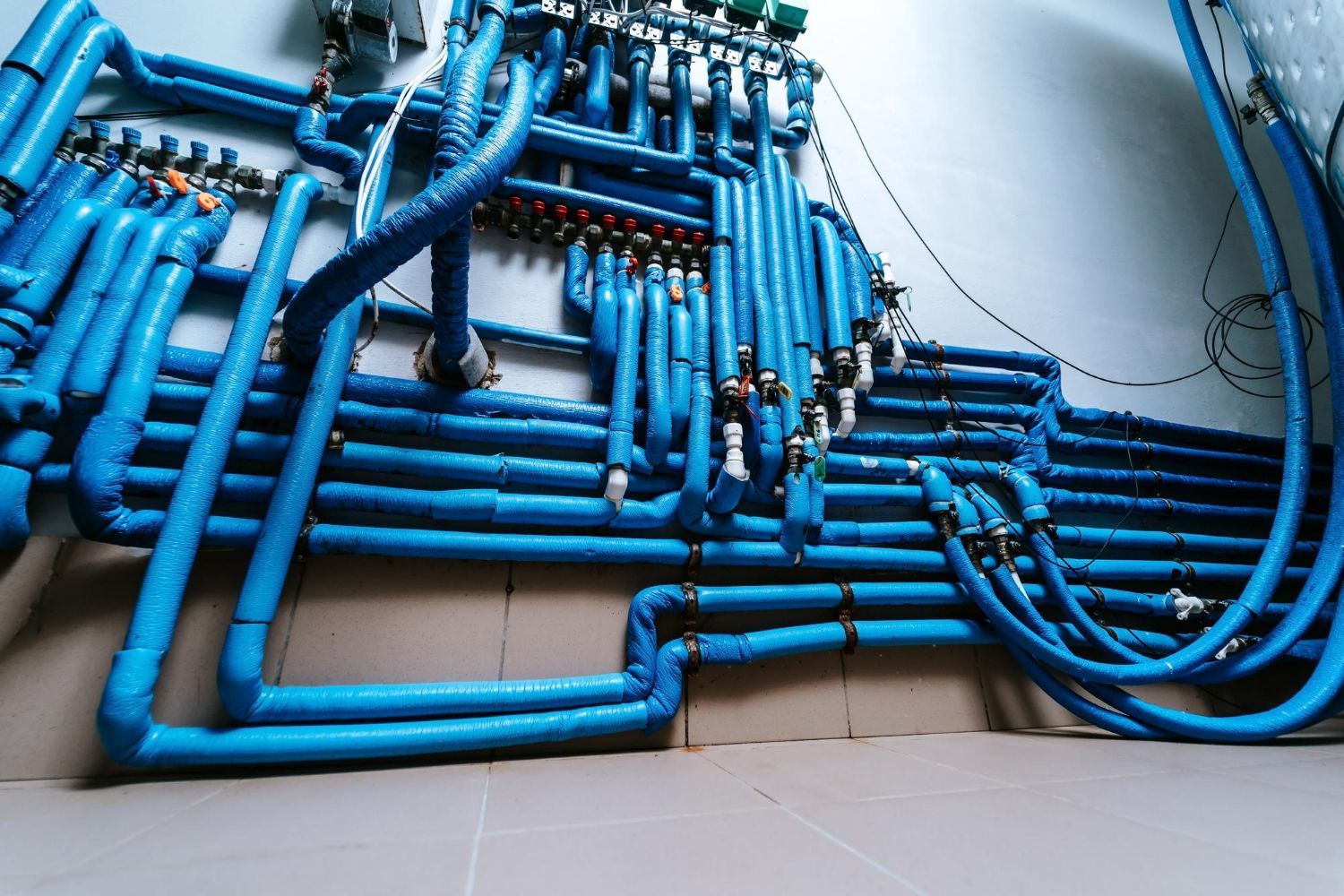
Keeping the plumbing in your commercial property in good condition is crucial for the smooth operation of your business. Whether you own a restaurant, office building, or retail space, a functional plumbing system ensures comfort and hygiene for employees and customers. Ignoring plumbing maintenance can lead to costly repairs and disruptions.
Commercial plumbing systems are often more complex than residential ones. They handle a higher volume of water and waste and are subjected to greater wear and tear. Without regular maintenance, small issues can quickly escalate into major problems that disrupt your business. Regular inspections can help you catch and fix issues before they become serious.
Understanding common plumbing problems and how to prevent them can save you time and money. Simple preventative measures, like checking for leaks and maintaining drains, can go a long way in preserving the integrity of your plumbing system. However, knowing when to call a professional is equally important. Some issues are too complex for DIY solutions and require expert intervention.
In this article, we'll explore essential tips and strategies for keeping commercial plumbing in good condition. From regular maintenance to identifying common issues and knowing when to call a professional, we've got you covered. Let's dive in and make sure your business stays running smoothly without any plumbing hiccups.
Regular Maintenance and Inspections
Regular maintenance and inspections are key to ensuring your commercial plumbing system runs efficiently. Scheduling routine check-ups can help detect potential problems early and keep your plumbing in top shape.
One vital part of maintenance is inspecting pipes and fixtures for leaks. Even small leaks can lead to significant water damage and costly repairs. Look for signs of water stains, damp spots, or mold growth around fixtures and along walls. Addressing these minor issues promptly can prevent them from becoming major headaches.
Another important task is ensuring that all drains are clear and free-flowing. Clogged drains can cause backups and disrupt business operations. By regularly cleaning drains and using tools like drain snakes, you can keep your pipes clear. Also, using drain covers can help prevent debris from causing blockages.
Water heaters should also be inspected regularly. Check for any signs of wear, rust, or leaks, and ensure that the temperature settings are optimal. Regularly flushing the water heater can remove sediment buildup, which can improve efficiency and extend its lifespan.
Identifying Common Commercial Plumbing Issues
Understanding common plumbing issues can help you address them before they escalate. Here are some frequent problems commercial properties face:
1. Clogged Drains and Toilets: High traffic in commercial properties can lead to frequent clogs. Whether it's due to food waste in restaurant kitchens or paper products in office restrooms, clogs can cause significant disruptions. Regular cleaning and the use of appropriate waste disposal methods can help mitigate this issue.
2. Leaky Faucets and Pipes: Leaks waste water and can lead to higher utility bills. They're often caused by worn-out washers or loose connections. Regular checks can help you spot leaks early, saving water and money.
3. Sewer Smells: Unpleasant odors can arise from the plumbing system, often due to a dry P-trap or a blockage in the sewer line. Regular inspections can help ensure P-traps are functioning correctly and clear any blockages that might cause smells.
4. Low Water Pressure: This can result from various issues, including pipe obstructions, leaks, or problems with the water supply line. Identifying and resolving the cause of low water pressure is essential for maintaining a comfortable and functional work environment.
5. Water Heater Issues: Inconsistent hot water or strange noises from the water heater can indicate sediment buildup or component failure. Regular maintenance can help avoid these issues.
By recognizing these common plumbing issues and taking preventive measures, you can ensure your commercial plumbing system remains reliable and efficient.
Preventative Measures to Avoid Major Problems
Preventative measures are crucial in maintaining a healthy commercial plumbing system. By taking a proactive approach, you can prevent minor issues from turning into major, costly problems.
One effective measure is to educate your staff about proper plumbing use. Simple habits, like not flushing paper towels or disposing of grease down the sink, can significantly lower the risk of clogs. Post signs near sinks and toilets to remind everyone of the do's and don'ts.
Installing drain covers in all sinks can help keep debris out of the pipes. These covers catch food scraps, hair, and other particles, making them easy to discard and preventing them from causing clogs. Regularly cleaning these covers ensures they continue to protect your pipes effectively.
Scheduling regular professional drain cleaning can also prevent buildup and blockages. Professional plumbers have specialized tools and techniques to thoroughly clean pipes and drains, removing any potential clogs before they become serious issues. This type of maintenance can extend the life of your plumbing system and maintain its efficiency.
Monitoring water pressure is another important preventative measure. High water pressure can stress your pipes and lead to leaks, while low pressure might indicate a problem. Installing a water pressure regulator and periodically checking your system can help keep the pressure within a safe range.
When to Contact Professional Plumbing Services
There are instances when calling a professional plumber is the best course of action. While minor issues can often be handled with DIY solutions, complex problems require expert attention. Knowing when to reach out to a professional can save you time, money, and stress.
1. Frequent Backups: If your sinks or toilets backup regularly, this could be a sign of a serious problem deeper within the system. A professional can use advanced tools to diagnose and resolve the issue.
2. No Hot Water: Inconsistent or no hot water might indicate issues with your commercial water heater. This can range from minor thermostat problems to major system failures. A plumbing expert can identify and fix the root cause efficiently.
3. Burst Pipes: Burst pipes require immediate professional intervention. This issue can cause extensive water damage and disrupt your business operations. Turn off the main water supply and contact a plumber right away.
4. Sewage Smells: Persistent sewer odors suggest a serious issue, such as a broken sewer line or vent pipe. Addressing these problems promptly with professional help is important for the health and safety of everyone in the building.
5. Water Quality Concerns: Murky water or a noticeable change in water taste or smell can indicate contamination or a failing water filtration system. A professional plumber can conduct tests and recommend solutions to ensure your water remains clean and safe.
Conclusion
Maintaining a commercial plumbing system involves regular upkeep and an understanding of common issues. By implementing preventative measures and knowing when to call in a professional, you can keep your plumbing in excellent condition. This not only ensures a safe and comfortable environment for your employees and customers but also avoids costly repairs and downtime.
Regular maintenance checks and early issue detection play a significant role in the longevity and efficiency of your plumbing system. Remember, a well-maintained plumbing system is key to the smooth operation of any commercial property. Ignoring plumbing issues can lead to significant disruptions and expensive repairs.
For any persistent plumbing problems or to schedule routine maintenance, contact Apollo Sewer & Plumbing. Our experienced team is ready to assist with all your
commercial plumbing needs. Call our commercial plumbing contractors today to ensure your plumbing system remains in top condition and avoids any major disruptions.
BROWSE OUR WEBSITE
Apollo Sewer & Plumbing, Inc.is a full-service plumbing company serving residential and commercial customers throughout the greater Keyport, NJ area.
CONTACT INFORMATION
Contact Number:
732-264-3666
Location:
110 West Front
Street Keyport, NJ 07735
Email address:

